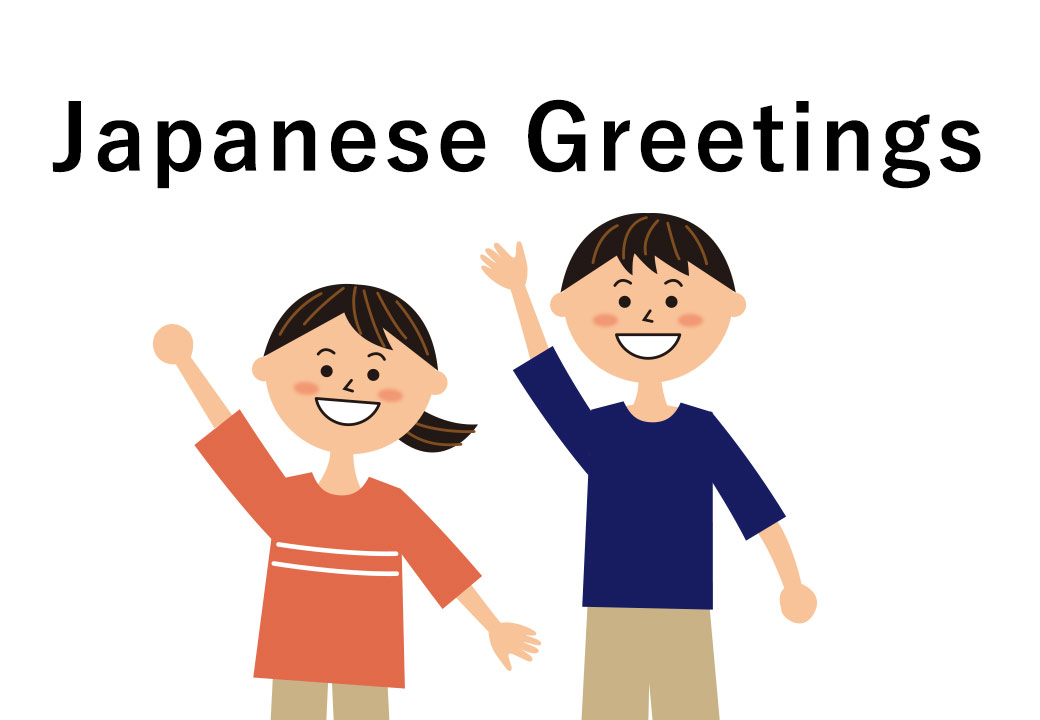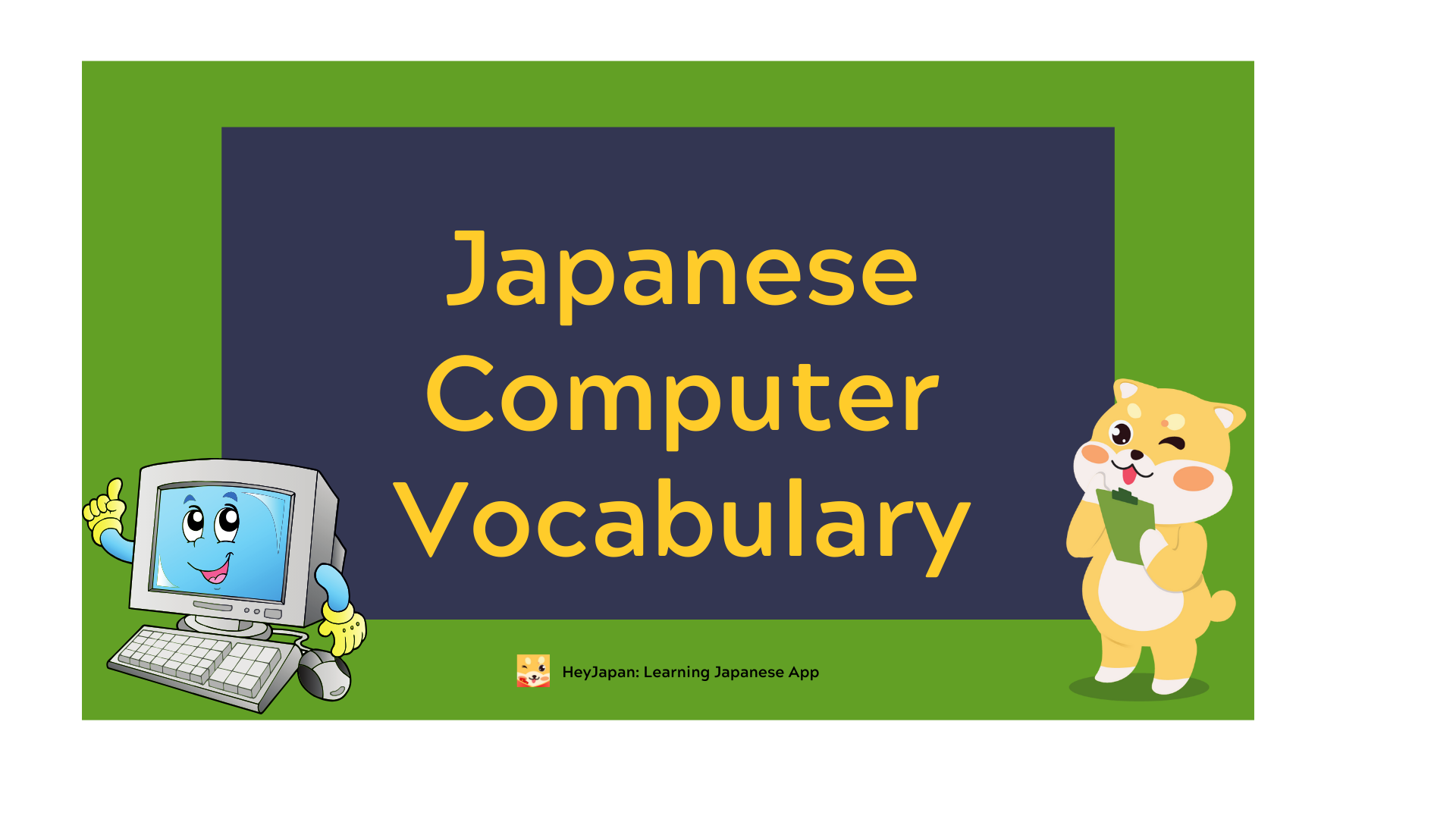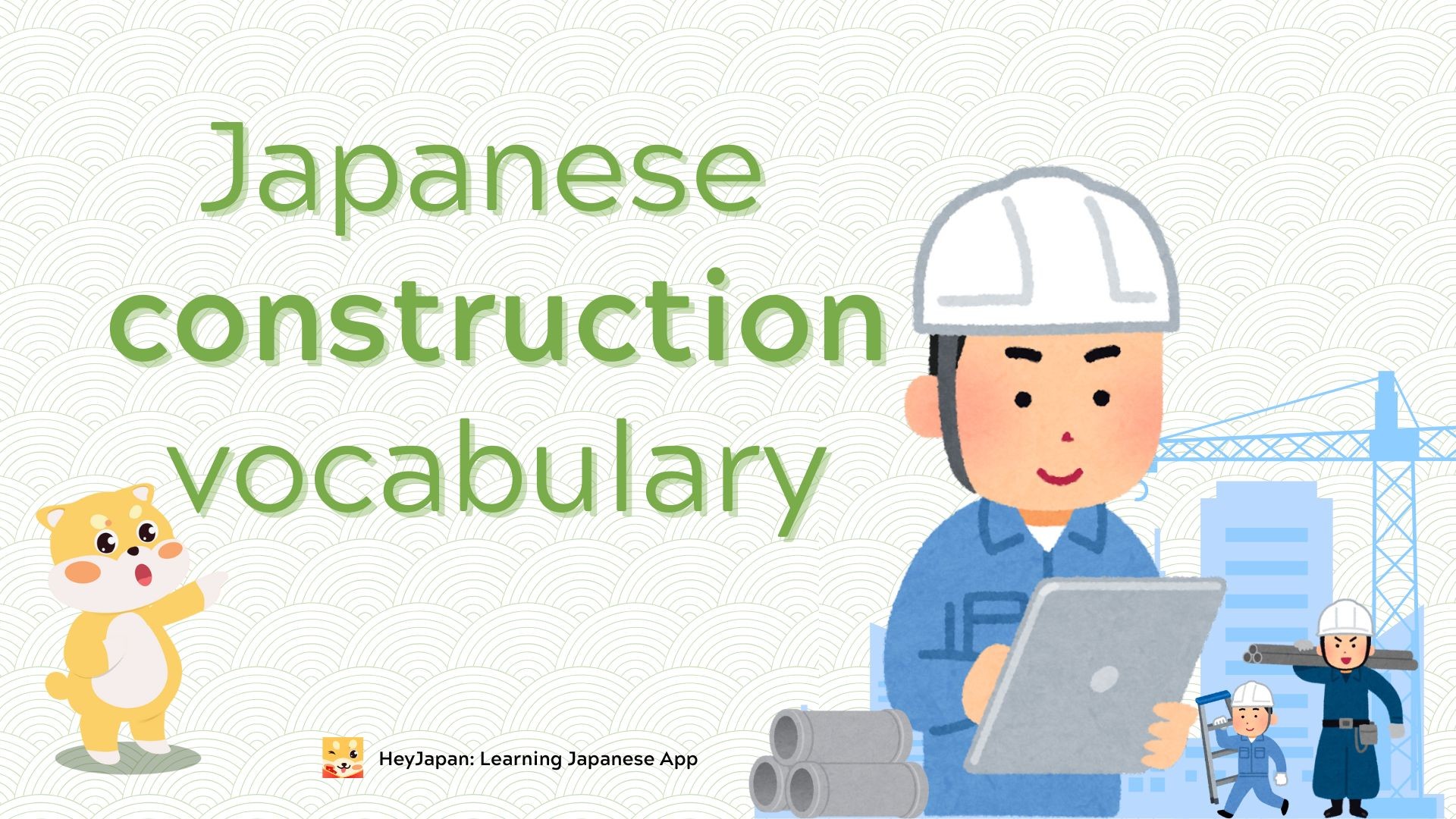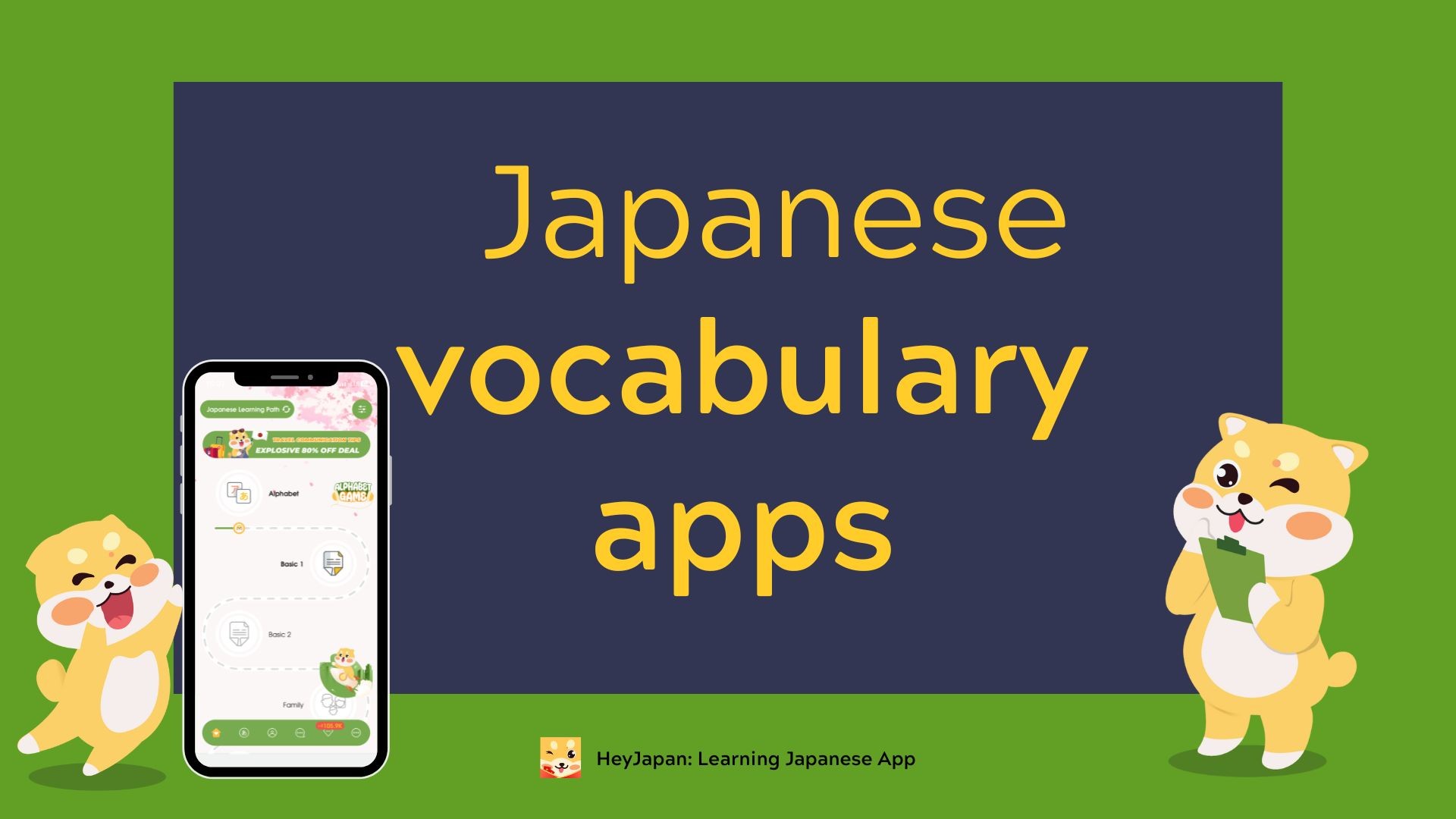- Basic Greetings in Japanese
- 1. Ohayou (おはよう)
- 2. Ohayou gozaimasu (おはよう ございます)
- 3. Konnichiwa (こんにちは)
- 4. Konbanwa (こんばんは)
- Other Common Greetings
- 5. Moshi Moshi (もしもし)
- 6. Irasshaimase (いらっしゃいませ)
- 7. Tadaima (ただいま)
- 8. Ojamashimasu (おじゃまします)
- Polite Greetings for Business and Formal Situations
- 9. Osewa ni natteorimasu (お世話になっております)
- Casual and Fun Greetings
- 10. Ohisashiburi desu (おひさしぶりです)
- Slang Greetings for Casual Situations
- 11. Yo (よー)
- 12. Oi (おーい)
- 13. Yaa (やあ)
- 14. Ossu (おっす)
- 15. Yahoo (ヤッホー)
- 16. Haro (ハロー)
- 17. Hajimemashite (はじめまして)
- 18. Yorosiku onegaishimasu (よろしくお願いします)
- 📱 Practice Japanese Greetings with HeyJapan App
When learning Japanese, greetings are one of the first things you'll encounter. Knowing how to greet someone properly is not only vital for communication but also an essential part of Japanese culture. In this article, we’ll guide you through various ways to say "hello" in Japanese, from basic to formal greetings suitable for different situations.
Basic Greetings in Japanese
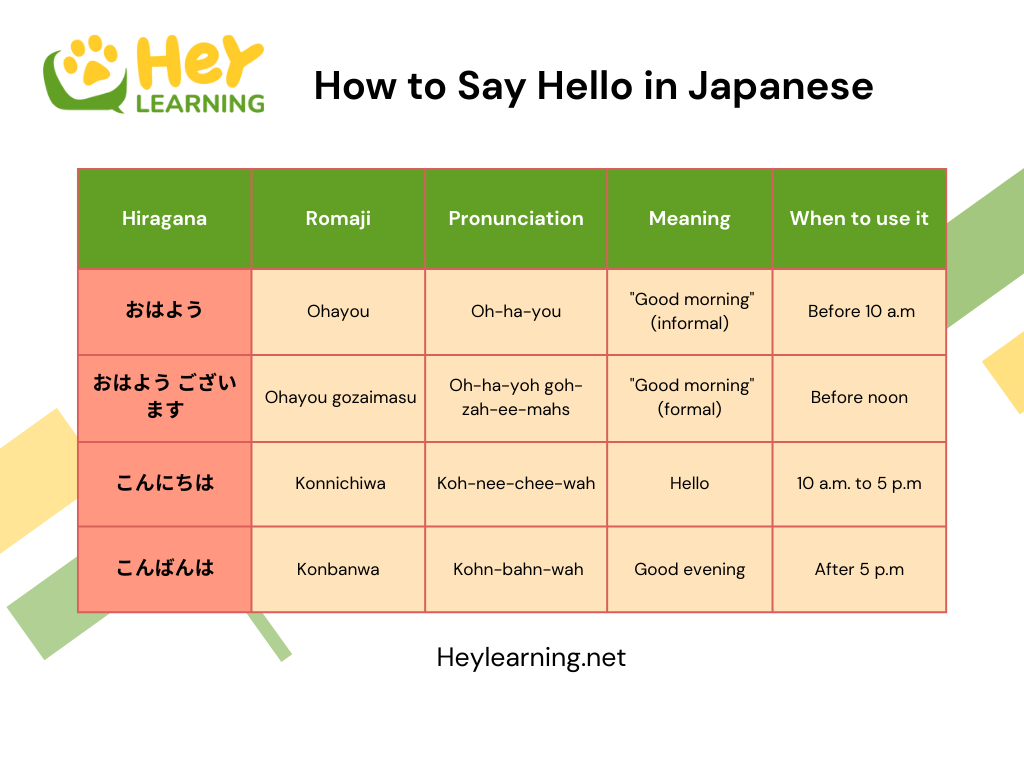
1. Ohayou (おはよう)
Meaning: "Good morning" (informal).
Pronunciation: Oh-ha-you (the "you" is pronounced with a long "o" sound).
Usage: Use ohayou when greeting friends, family, or people of the same age in the morning, typically before 10 a.m.
2. Ohayou gozaimasu (おはよう ございます)
- Meaning: "Good morning" (formal).
- Pronunciation: Oh-ha-yoh goh-zah-ee-mahs.
- Usage: This polite version is suitable for elders, strangers, or superiors such as teachers or bosses. It’s more respectful than the informal ohayou.
3. Konnichiwa (こんにちは)
- Meaning: "Hello" or "Good day".
- Pronunciation: Koh-nee-chee-wah.
- Usage: The most common way to say hello in Japanese, used from mid-morning to the afternoon (10 a.m. to 5 p.m.).
4. Konbanwa (こんばんは)
- Meaning: "Good evening".
- Pronunciation: Kohn-bahn-wah.
- Usage: Use this greeting in the late afternoon or evening (after 5 p.m.). It’s polite and works for both friends and strangers.
If you are interested in how to say hello in Japanese, you can also refer to "How to introduce yourself in Japanese" through the article: How to say hello my name is in Japanese.
Other Common Greetings
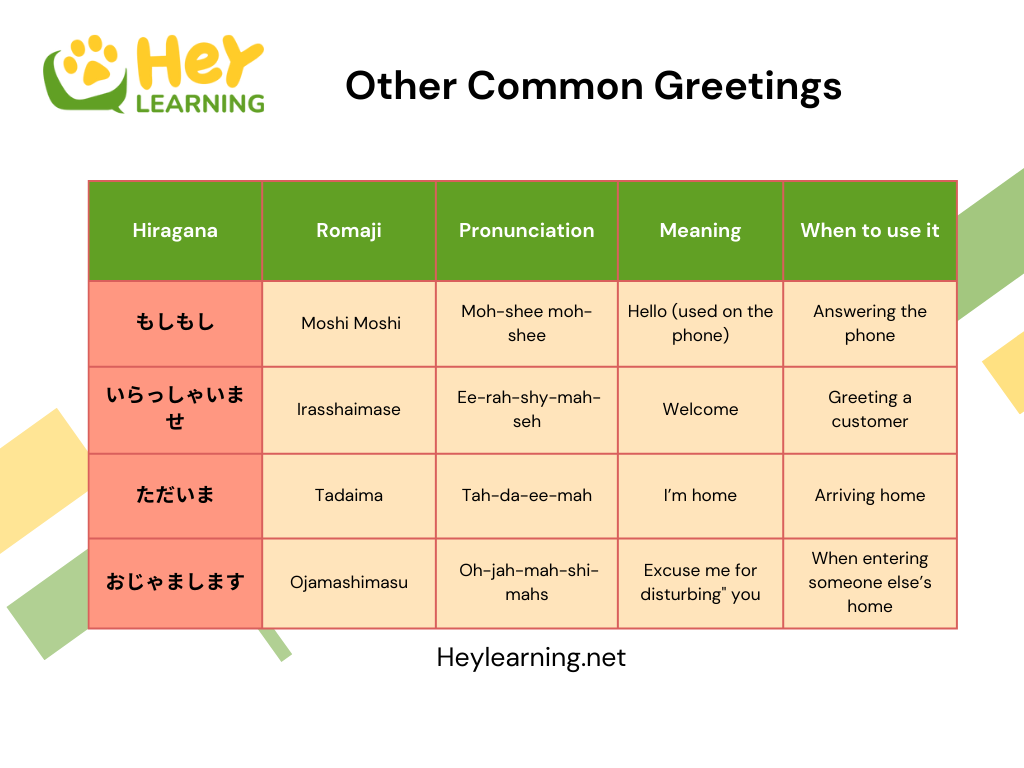
5. Moshi Moshi (もしもし)
- Meaning: "Hello" (used on the phone).
- Pronunciation: Moh-shee moh-shee.
- Usage: A friendly greeting when answering the phone. Avoid using it in formal contexts.
6. Irasshaimase (いらっしゃいませ)
- Meaning: "Welcome".
- Pronunciation: Ee-rah-shy-mah-seh.
- Usage: Commonly used by store staff to welcome customers, but not used for personal greetings.
7. Tadaima (ただいま)
- Meaning: "I’m home".
- Pronunciation: Tah-da-ee-mah.
- Usage: Use this when returning home. Family members usually respond with okapi ("Welcome back").
8. Ojamashimasu (おじゃまします)
- Meaning: "Excuse me for disturbing" you.
- Pronunciation: Oh-jah-mah-shi-mahs.
- Usage: This is said when entering someone else’s home, showing respect for the host’s space.
Polite Greetings for Business and Formal Situations
9. Osewa ni natteorimasu (お世話になっております)
- Meaning: "Thank you for your continued support".
- Pronunciation: Oh-seh-wah nee nah-teh-oh-ri-mahs.
- Usage: This is commonly used in formal business settings to show gratitude for someone’s ongoing support or assistance.
If you are a beginner and have limited vocabulary, please refer to and learn more common vocabulary in daily life through the article: Top Basic Japanese Words to Learn for Daily Conversations.
Casual and Fun Greetings
10. Ohisashiburi desu (おひさしぶりです)
- Meaning: "Long time no see".
- Pronunciation: Oh-hee-sah-shi-boo-ree dehs.
- Usage: This is used when meeting someone you haven’t seen in a while. The level of formality can be adjusted by shortening it to ohisashiburi or hisashiburi in casual settings.
Slang Greetings for Casual Situations
11. Yo (よー)
- Meaning: "Yo!"
- Pronunciation: Yoh.
- Usage: This is a very informal greeting used primarily by younger people, particularly among friends. It's similar to the English "yo" or "hey".
12. Oi (おーい)
- Meaning: "Hey!"
- Pronunciation: Oy.
- Usage: This is used to get someone’s attention informally or casually, such as calling a friend across a room.
13. Yaa (やあ)
- Meaning: "Hi".
- Pronunciation: Yah.
- Usage: This is another casual greeting used primarily among friends or younger people. It’s often heard in casual conversation or Japanese anime.
14. Ossu (おっす)
- Meaning: "Hey" (informal).
- Pronunciation: Ohss.
- Usage: This slang greeting is mainly used by men, especially in casual settings or in martial arts communities.
15. Yahoo (ヤッホー)
- Meaning: "Yoohoo" (informal and playful).
- Pronunciation: Yah-hoh.
- Usage: This is used like the English “yoohoo” to call someone’s attention, particularly among younger people, especially girls.
16. Haro (ハロー)
- Meaning: "Hello" (borrowed from English).
- Pronunciation: Hah-roh.
- Usage: A casual greeting derived from English, commonly used by younger generations, particularly in informal contexts or on social media.edia.
17. Hajimemashite (はじめまして)
- Meaning: Nice to meet you
- Pronunciation: Ha-jee-meh-mah-shee-teh
- Usage: "Hajimemashite" is used when meeting someone for the first time. It’s a polite and formal greeting, typically followed by self-introduction. It’s one of the essential greetings for anyone starting to build relationships in Japan.
18. Yorosiku onegaishimasu (よろしくお願いします)
- Meaning: Please take care of it" or "Nice to meet you" (Polite)
-
Pronunciation: Yo-roh-shee-koo oh-neh-gah-ee-shee-mah-s
-
Usage: This phrase is often used after "Hajimemashite" in introductions. It expresses a humble request for the other person’s support, typically in professional or formal settings. It’s also used to convey respect and gratitude for someone’s future assistance.
📱 Practice Japanese Greetings with HeyJapan App
Learning how to say hello is just the beginning. If you want to practice real-life conversations, review vocabulary, and get daily speaking practice, try the HeyJapan app.
With HeyJapan, you can:
✅ Master greetings through interactive flashcards
✅ Hear native pronunciation
✅ Practice speaking with AI-based exercises
✅ Track your learning progress easily
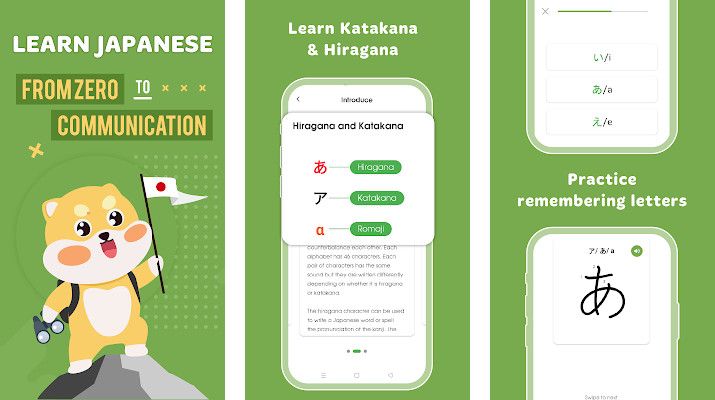
📲 Download HeyJapan now and make your Japanese greetings sound natural and confident from day one!
Learning how to say "hello" in Japanese can be fun and enriching! The language offers a variety of ways to greet people, ranging from informal to very polite expressions. Whether you're meeting a friend, a colleague, or an elder, mastering these greetings will help you communicate more naturally and respectfully. Keep practicing, and you'll be able to greet others in Japanese like a pro in no time!

